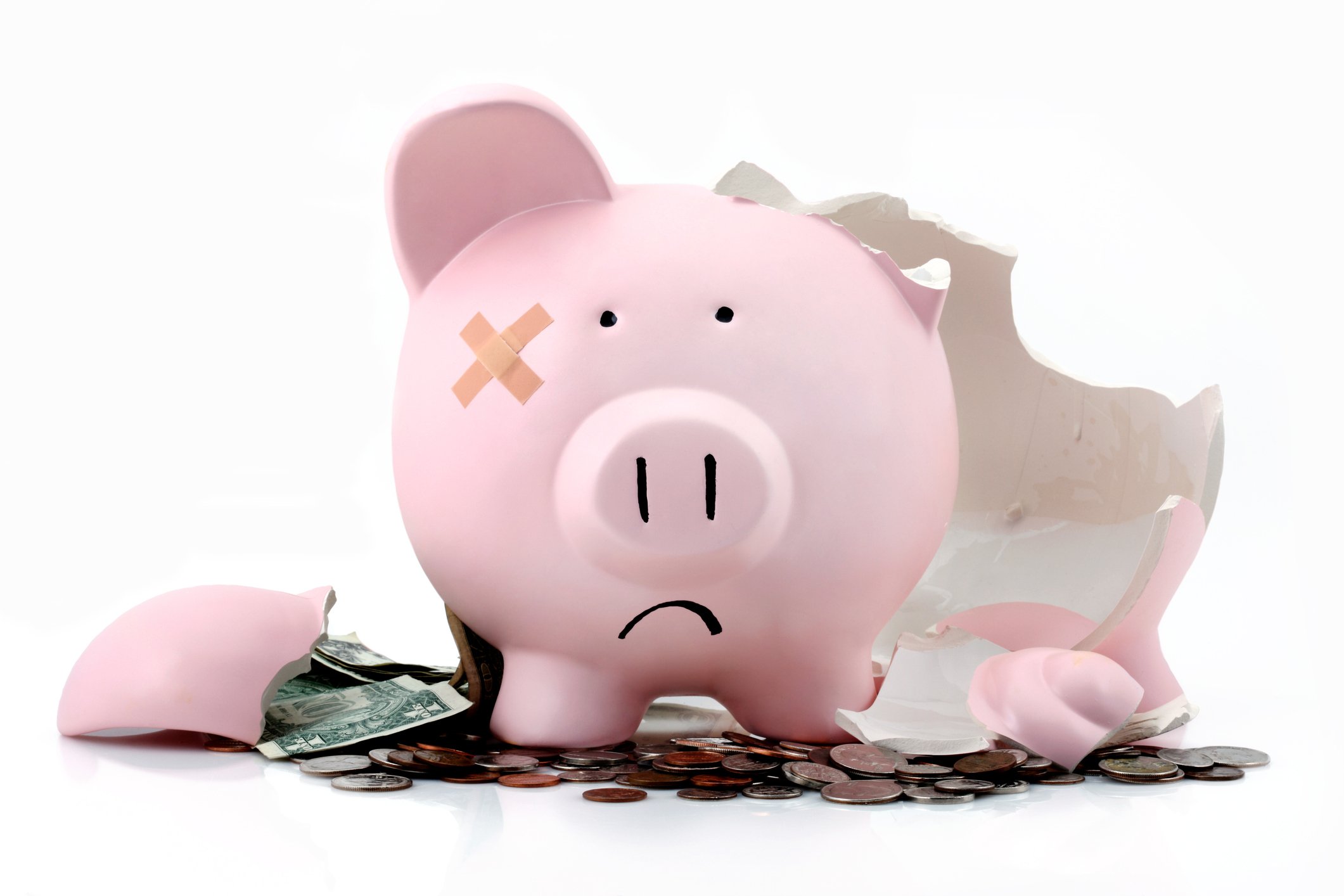Being a big company comes with a lot of positives. But there are negatives, too. Some businesses end up imploding under their own weight because they face increased scrutiny and competition and, inevitably, end up losing some of the flexibility that allowed them to grow in the first place.
A select few companies, however, have proven over time that they can survive and thrive even after becoming industry giants. Which is why you might want to invest in Pfizer (PFE 0.10%) and Medtronic (MDT 0.45%) today.
Pfizer is doing what has to be done
Pfizer is one of the oldest and most successful pharmaceutical companies on the planet. In fact, it still sports a $140 billion market cap even after the stock has declined by around 60% from its late 2022 high-water mark. The company has impressive scale and reach in an industry that is highly regulated, driven by research and development, and extremely competitive.

NYSE: PFE
Key Data Points
And Pfizer is taking the steps needed to survive, just like it has many times before. Today, that means inking a deal with the U.S. government to increase capital investment in the United States while also offering lower prices to consumers. In exchange, Pfizer is expected to avoid tariffs and, perhaps equally important, stay in the good graces of regulators.
From a more company-specific point of view, Pfizer has also agreed to buy Metsera. This will help the company deal with upcoming patent cliffs, in which older drugs lose their patent protections. The acquisition was necessitated by the fact that Pfizer's own drug pipeline was looking a little weak. However, the move shows that Pfizer will do what's necessary to remain a top contender.
There's only one issue that investors need to be careful of here. The last time the company made a big acquisition (Wyeth), the board of directors cut the dividend. That was the right call for Pfizer as a business, even if it wasn't a great outcome for dividend investors. With the payout ratio hovering around 90%, this is probably more of a turnaround story than a dividend story despite a lofty 7% dividend yield. But if you like turnarounds, a $1,000 investment will let you buy around 40 shares of Pfizer's stock.

Image source: Getty Images.
Medtronic is slimming down to improve its margins
Medtronic is more of a dividend investment -- the medical device company is just two years away from achieving Dividend King status (50+ annual dividend increases). In fact, the company's plan to spin off its diabetes division in 2026 came with the specific statement that Medtronic was not going to alter its dividend policy. Protecting the dividend is clearly important to the board of directors.
The other big piece of information around the diabetes spinoff is that it will be instantly accretive to Medtronic's earnings. That's the big goal, as Medtronic is attempting to increase its profitability. Jettisoning diabetes is the big one, but over the last few years, the company has exited other less profitable lines of business, too. This is just normal pruning for a company that has been around for a while and grown to be fairly large (Medtronic's market cap is $120 billion).

NYSE: MDT
Key Data Points
The timing of this effort is notable because the company, after a dry spell, is starting to bring out some important new products. The hope is that the company's new products will be more impactful on growth in the future once it slims down the overall business. And that, in turn, will get investors more excited about the stock. If you are a dividend investor, you should probably pay attention to the historically high 3% dividend yield on offer right now. A $1,000 investment will get you about 10 shares.
Go long while the market is going short
The key with both Pfizer and Medtronic is that companies that are successful over the long term often have to deal with short-term headwinds. Both are doing so right now, with Wall Street focused so myopically on today that it isn't considering what these companies will look like in the future. Given what they are doing, the future looks like it could be very bright for these long successful healthcare giants.





